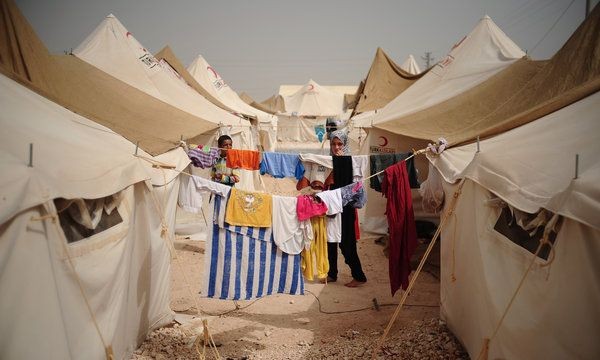Last year (2020), I joined the Kenya Red Cross Society to help in response to the COVID19 pandemic. My work involved the medical supplies needed to manage patients in quarantine and isolation centers. This work later transitioned to service to patients in the main hospital and health posts (dispensaries).
As a pharmacist, one is involved in daily routine; however, with humanitarian activities, additional tasks are there for you to attend to them; ranging from medicine dispensation, participation in ward rounds, procurement, and response to fire (fire fighting).
How’s the weekly schedule?
Work begins on Monday morning all through the week, with day and night shifts. With a committed and dedicated team, managing the pharmacy department operations becomes more accessible each day.
The department has two pharmacists and six pharmacy assistants working to ensure each service point is running. With 4 points of service; warehouse, main hospital, health posts, and covid19 center, this team collaboratively works to ensure continuity of best care possible.
What happens in these facilities?
1) Warehouse
Days of operation are Monday, Wednesday, and Friday, except for an urgent supply request or delivery by suppliers. Usually, a pharmacist is present in the warehouse on all these days. All medical inventories are stored here, and all departments in the hospitals source them from here. The pharmacy department is responsible for all activities that happen in the warehouse. The pharmacist does initial procurement stages, raises purchasing requests, then receives supplies and supplies to hospital and health posts. Additionally, procurement service is extended to non-medical supplies that are needed for regular operation.
2) Hospital and health posts
The pharmacist and the assistants ensure the hospital and posts are adequately stocked, monitor the stock movement, and replenish stocks. Besides dispensing medicines to patients, and giving necessary advice, we participate in ward rounds, make necessary interventions where possible, and advise on the medication at hand or suitable for individual patients.
What is the experience like so far?
It has been a fantastic time here in the camp, learning new things (medical and non-medical) and challenging (desert). The only challenge I have faced is the language (learning the Somali language).
HINIVUU (look for the meaning) keeps us going
“Poisons and medicines are often the same substance given with different intents.”
DR. MESNA, PHARMACIST – RED CROSS SOCIETY
